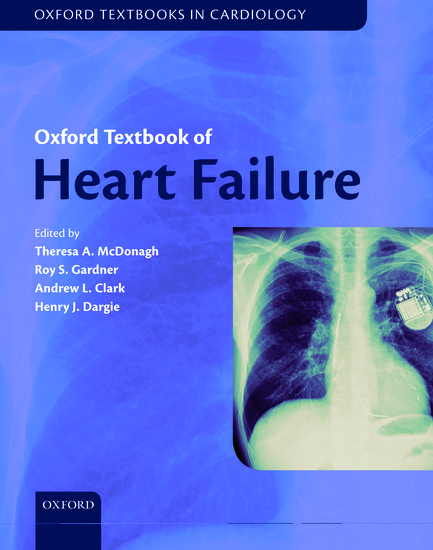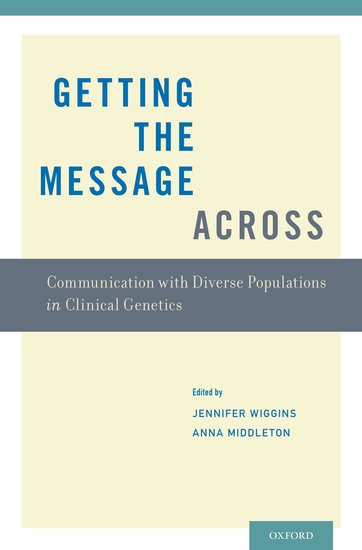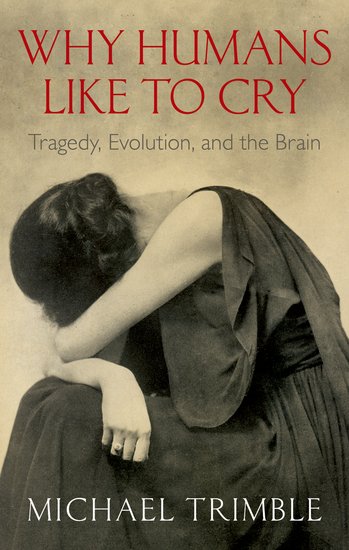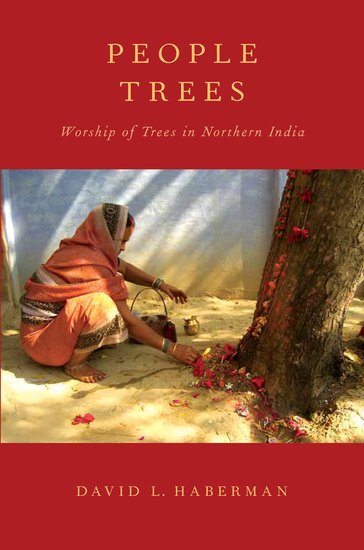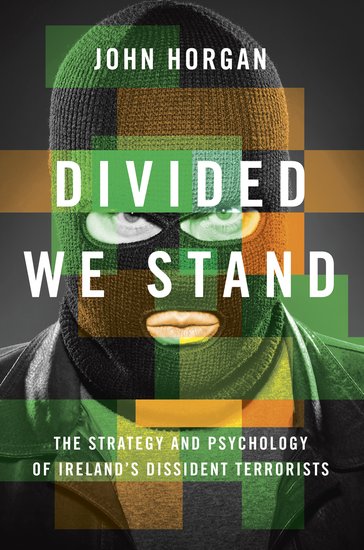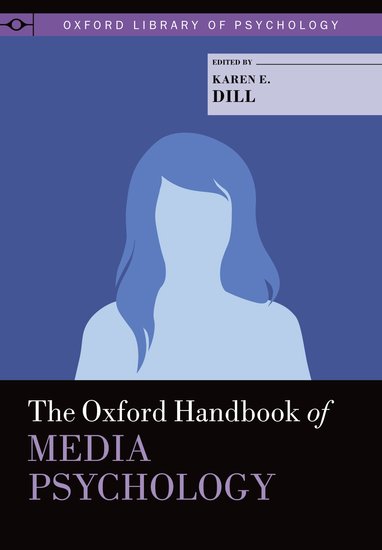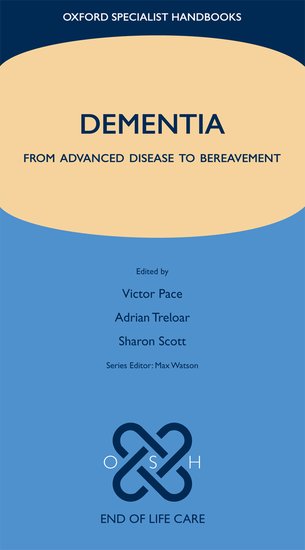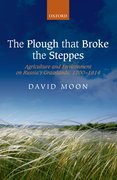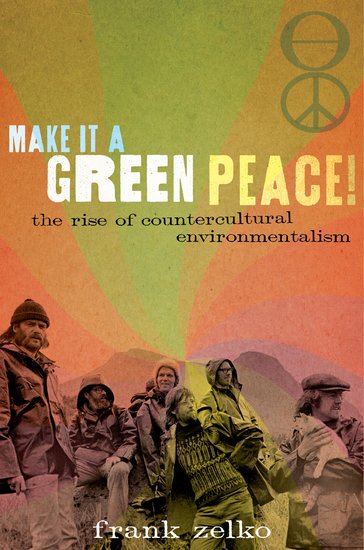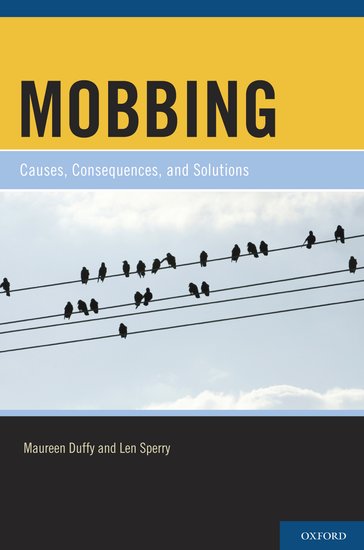More malignant than cancer?
In anticipation of Heart Failure Awareness Day, we’re running a series of blog posts on this dangerous disease. To kick us off today, we chatted with Professors Theresa MacDonagh, past Chair of the British Society for Heart Failure, and Andrew Clark, Chair-elect, about the diagnosis of heart failure and the importance and benefit of adequate treatment.

